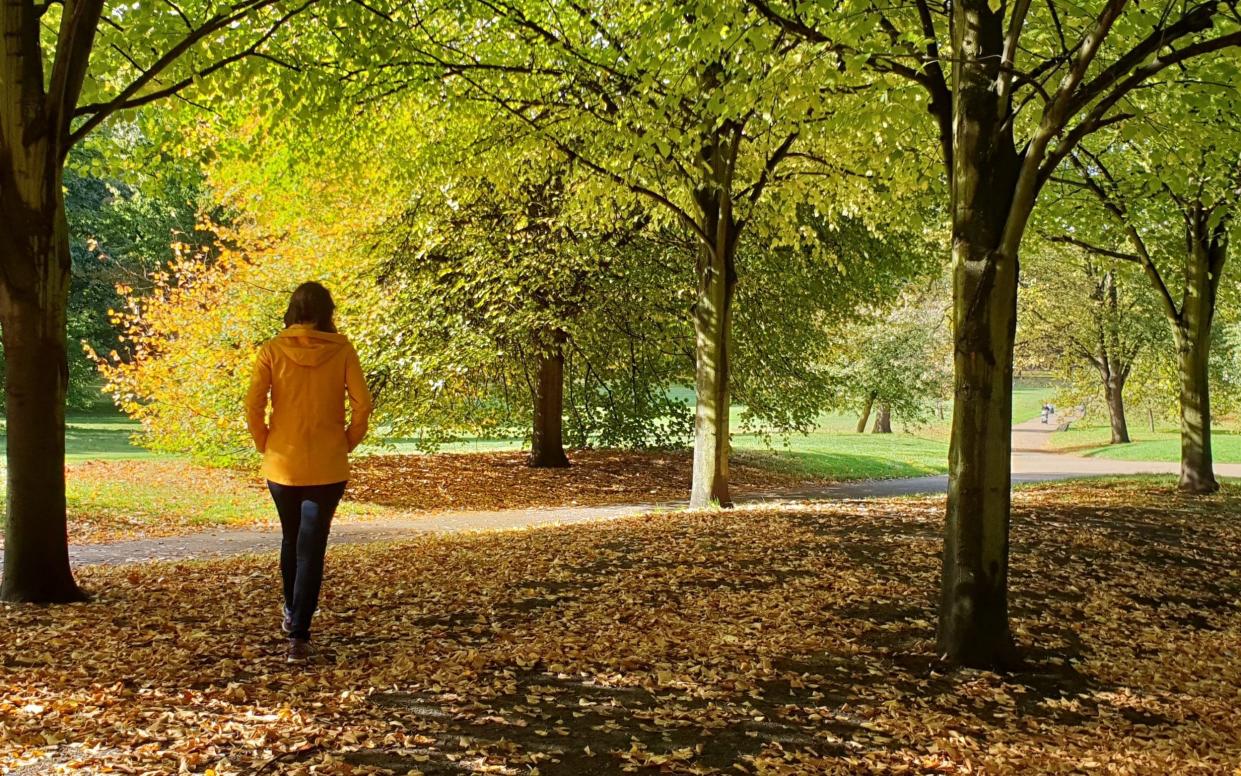The power of solitude: Why being alone doesn’t mean being lonely

Lots of things seemed obvious to me, last year, as we buckled in for our first lockdown. It seemed obvious that the pandemic would all but wipe out ardent anti-vaxxers – who’d turn down a jab during a global plague? It seemed obvious, too, that suicide rates were about to rocket as humans, a hyper-social species, were about to be artificially for long periods. Loneliness is a killer and we were about to unleash, upon the world, an epidemic of exactly that.
And yet all these assumptions turned out to be wrong. A recent study by psychologists at the University of Reading has found that, on balance, people found the experience of solitude to be a positive, with the 2,000 teenagers and adults surveyed reporting feeling the benefits of a summer spent alone.
Rather than slumping into a miserable heap, many of us found ourselves enriched by our enforced alone-time, with the study’s participants describing the period as leaving them feeling “competent” or able to develop skills. Lockdown showed us that even the enthusiastically social require a bit of time without others, it seems. As Dr Netta Weinstein, the study’s lead researcher, points out: “Many working adults found that usual moments of being alone, whether on their commute or during a work break were disrupted... Even for the most ardent of extroverts, these small windows of peace show the important role of time alone for our mental health.”
As a true introvert, perhaps I shouldn’t have been so surprised that others have taken so quickly to being alone. Solitude has always been the preferred state for people like me. My most precious times are those spent alone in foreign cities, walking for hours, eating in restaurants alone, surrounded yet utterly anonymous. Nobody knows who I am and nobody cares. I am invisible and safe.
I took my giving up alcohol to realise I was profoundly introverted. Beer and gin had been my medicine, a miracle cure for the discomfort of other people. Quitting them, I slowly came to realise that I wanted to quit other people too. I’m lucky I have a wife who understands this about me. Whenever she’s away on business, or with friends, the party is on: I talk to myself, laugh with myself and enjoy my own company – and that of my dogs, with whom I also laugh and talk. Pets are infinitely valuable to the socially dysfunctional because we can show them love without fear.
Introverts understand viscerally that human existence is social. It’s how we’re designed to live. Our species evolved to survive principally by controlling other people: to make them like us and want to help and want to work with us. For an introvert to step outside their precious shield of solitude is to find ourselves in an invisible web of negotiation, expectation and manipulation. Every conversation is a minefield of subtext: we communicate constantly not just in words but in tone, body-language and complex dances of eye contact. These are the strange codes by which ordinary human life operates – by which we manipulate and become manipulated.
Some of us are simply not very good at all this. Encounters that invigorate the socially talented are, to us, exhausting and troubling. I spend far too much time ruminating on incidents both recent and in my deep past. Worrying about other people is the hobby I never asked for. This is why lockdown seemed like such a blessing – it was an all-out celebration for we introverts. When I encountered people online worrying about it, I found it hard to relate. But then I became worried. What if they ended up liking it? What if introversion became fashionable? The last thing I needed was company.
I’m glad that the pandemic has taught so many of us the undoubted joys of solitude. But the study also hints at its darker side: while all age groups reported experiencing more positive than negative effects of being alone, the negative was present too. These are the times that even us introverts dread, when the voices in our head turn from soothing to anxious and solitude’s safety becomes solitary confinement. It’s a fine line, I admit, and with some struggle I can remain – for the most part – on the right side of it.

 Yahoo News
Yahoo News 
